Graeme Carling, the owner of collapsed Dundee construction firm McGill, said he left “no stone unturned” to save the business and has personally lost £2.2 million.
He describes McGill as a “victim of its own success” with its rapid growth putting it in a high risk category among banks.
Mr Carling says banks refused to provide a working capital loan despite McGill having £45m of work secured for the next few years.
After weeks of speculation, McGill Facilities Management Ltd went into administration in August, with the loss of 100 jobs.
Mr Carling, who owned McGill with wife Leanne, has now given his first interview about the company’s demise. He said he financially supported the business for as long as possible.
He said: “We backed it, we left no stone unturned, we put our hands in our pockets.
“And maybe we shouldn’t have because ultimately we’ve had to write that investment off and take it on the chin. Everyone is wiser after the event.
“Our total investment loss is £2.2m. We put money in to keep McGill going as long as possible.”
McGill unable to get bank loan
McGill’s financial troubles started when earlier this year Lloyds Bank demanded repayment of a £800,000 working capital loan.
Mr Carling was initially not overly concerned at this, as a handful of other banks offered finance.
“The risk profile from January this year completely changed with our bank and insurers in the construction sector,” he said.
“We had an £800,000 loan from Lloyds, which we paid it back at the end of June.
“We were bridging it because we had another offer for a £3m working capital facility. But then this was pulled a week later.
“We needed the loan as the business had grown so much. The company was running out of cash.”
‘Daft decisions’ at McGill
This led to Mr Carling calling in a specialist restructuring firm to examine options for the business.
Ultimately, none could be found and McGill went into administration on August 25.
“There was no light at the end of the tunnel and we were heavily invested,” Mr Carling said.
“That’s why we asked the restructuring guys to come and have a look at it for us.
“It’s been hard to take. I feel let down with the operational management as well.
“There were some daft decisions we took that affected the profitability of the business.”
Second administration for McGill
Mr Carling bought the McGill assets from administrators after a previous collapse of the business in 2019.
He praised his commercial team for attracting several multi-million-pound contracts from local authorities and housing associations.
But he said the impact of Covid also played a part in the failure of the firm.
“When we bought McGill we had no contracts or employees. It was started from scratch and took 10 months to get going,” he said.
“We needed to get to a good size quickly or we wouldn’t have lasted.
“The commercial guys at McGill did a great job to get us to £20m turnover.
“Because of Covid we didn’t have time, we didn’t have depth in the balance sheet and the banks didn’t like it.
“We did not want McGill to go down. We gave it the best chance we could.
“I took some flack considering the amount of time and money we invested.”
United Capital investments
Mr and Mrs Carling are the sole owners of investment group United Capital.
United Capital Investments Limited was the ultimate owner of McGill. Its other acquisitions were Alliance Electrical of Forfar, Cupar-based Kingdom Gas Services and Falkirk facilities management company McDougall Group.
New accounts show a £1.3 million write down due to these companies collapsing.
Meanwhile new accounts for United Capital Group Limited show a profitable year.
This is thanks to its investment in Glasgow-based central heating firm Saltire Facilities Management, which continues to trade.
These accounts show sales of £28.2m and a pre-tax profit of £254,000 despite writing off a £900,000 loan to the other United Capital company.
“Through United Capital we are the biggest single creditor to McGill and I don’t think we’ll get a penny back,” Mr Carling adds.
“Saltire is a well-established business with great contracts and a lot of experience and depth in terms of the management team. The future for that business looks strong.
“We are still looking to make more acquisitions through United Capital but we now have little to no appetite in what McGill was doing.
“McGIll was all trades, reactive maintenance, very cash intensive in terms of materials and quite low margin. We are looking at more specialist businesses.”
Administrators Leonard Curtis are still establishing the full extent of McGill’s debts.
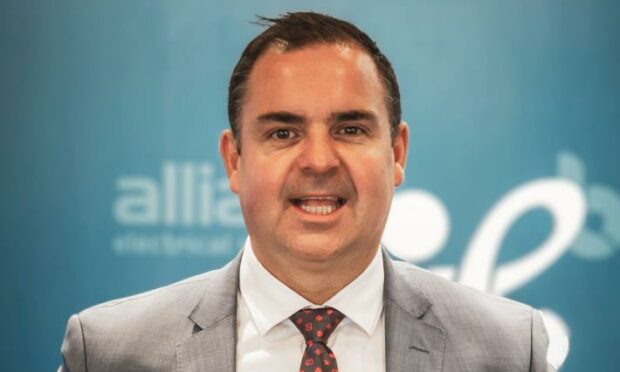
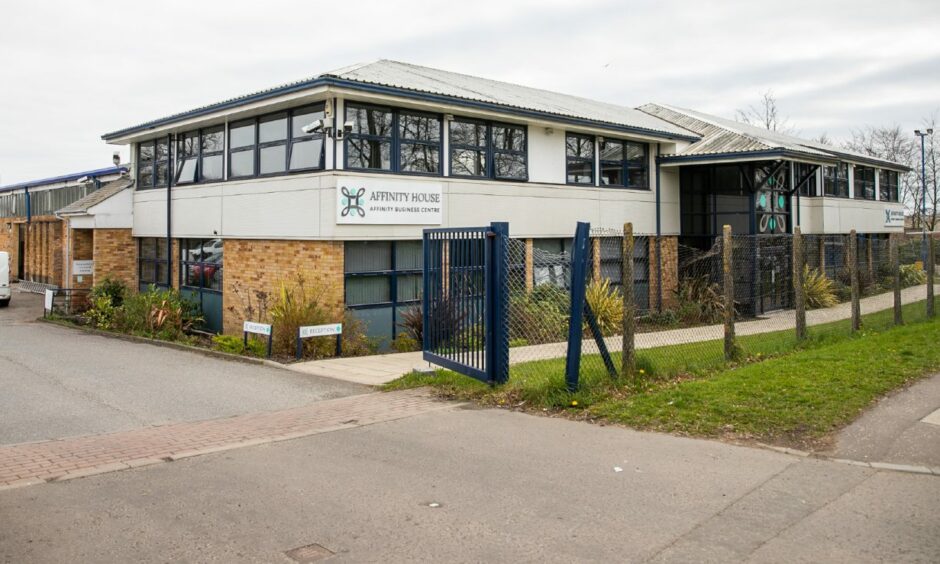
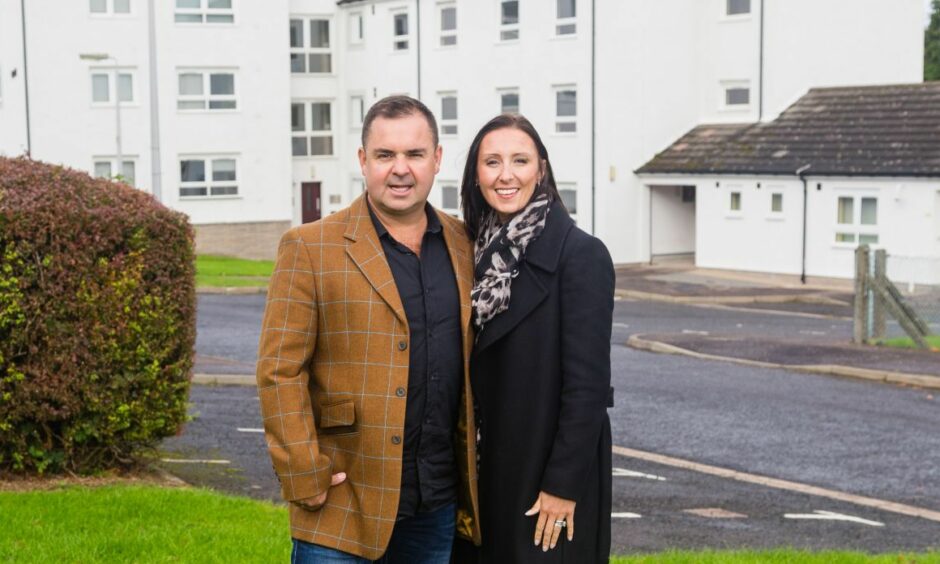
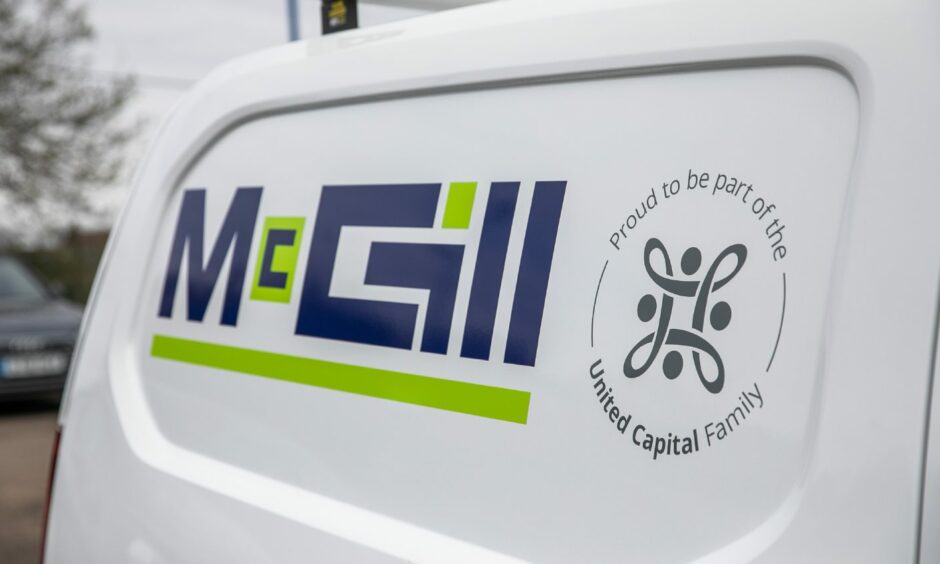
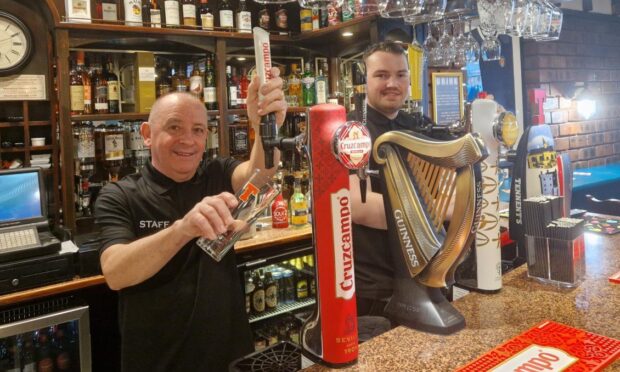
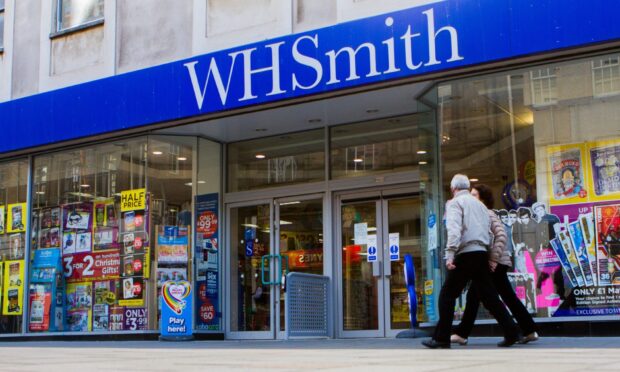
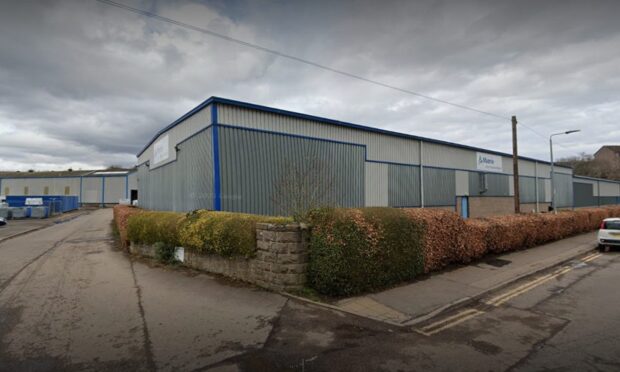


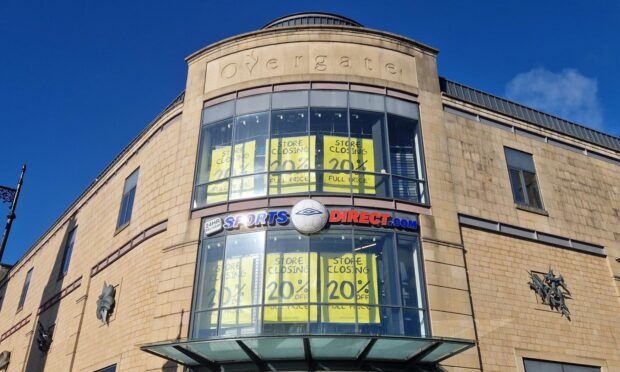
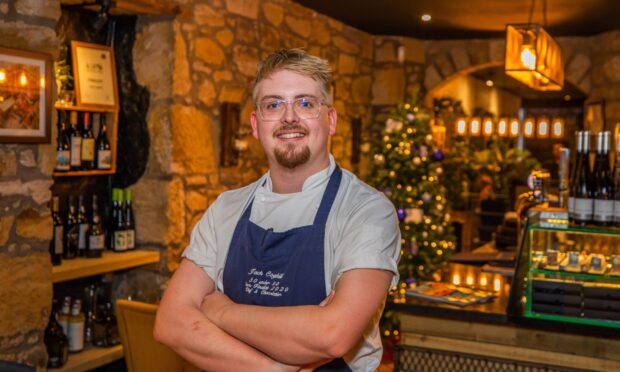
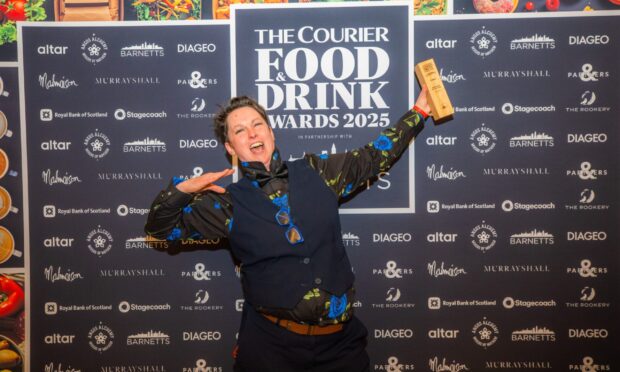
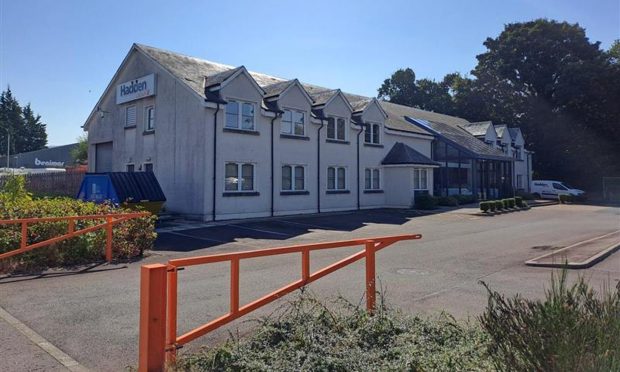
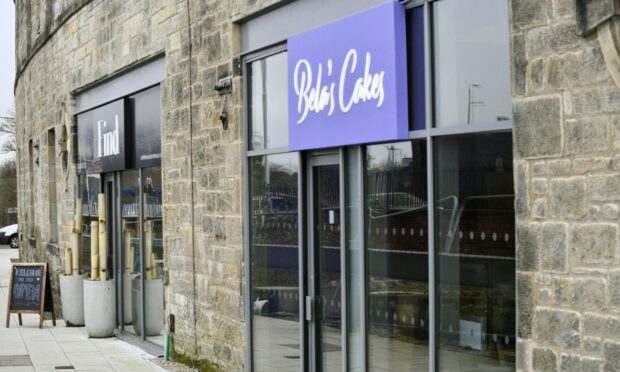
Conversation